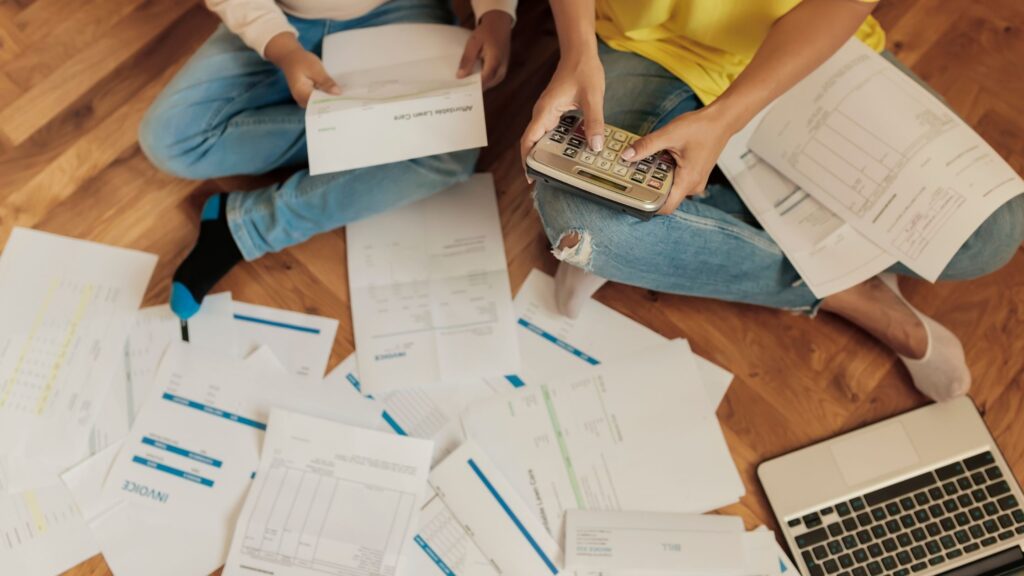An Individual Voluntary Agreement (IVA) is a legally binding arrangement between you and your creditors, whereby you agree to pay one affordable monthly payment over a period of time (usually five years). When the period of time elapses, any leftover debt is written off. During the period of your IVA creditors also have to stop contacting you for payments and will stop any interest and/or charges, plus will stop any bailiff or court action.
So, if you’re struggling with debt, an IVA might sound appealing, but what do you need to know?
Let’s have a look…
Do I qualify?
Firstly, you need to know if you meet the criteria for an IVA and whether or not you qualify for one. Not everyone qualifies for an IVA, and it is dependent on an individual’s circumstances, but having a debt of over £6,000 from two or more lenders is typically the minimum requirement.
The amount you pay each month for your IVA is determined by a close look at your income and expenditure, with a calculation made on your monthly surplus income.
Basically, any money you have left over after essentials each month should be the repayment amount of your IVA. You’ll no longer pay your creditors directly, but an Insolvency Practitioner, who manages the payments and helps you get back on the road to a debt free life. In case of a change of circumstances, such as redundancy or extra expenditure, the IVA will be reviewed to ensure the appropriate repayments are being made. Your income and expenditure will be reviewed at least once a year to ensure it is still affordable to you.
Can I set an IVA up myself? How do I get one?
Sort of…in order to propose an IVA to your creditors, you need to do so through the instruction of a licensed Insolvency Practitioner. As long as you meet the criteria and seek the correct advice, there’s every chance you’ll be accepted for an IVA.
Do IVAs check your bank account?
It wouldn’t work without complete honesty on your part, which is why IVAs do look at payslips and bank statements, to ensure that the assessments and calculations are conducted as fairly as possible. This is in everyone’s best interests.
So, IVAs then…they sound pretty good so far, right?
They should do, especially if you’re really struggling to make your current payments, but what (if any) are the downsides?
There are a few downsides with IVAs, as there are with everything when it comes to getting out of debt. These include:
- Possible release of home equity
- Minimum level of debt
- No unsecured borrowing during the arrangement
- The need to stick to a strict budget for 5 years
- Damage to your credit rating
- Longer than bankruptcy
- More costly than bankruptcy
- All unsecure creditors must be included
All of these things considered though, an IVA could be the first step to helping someone get out of debt. One lower, affordable monthly payment is the main take home point, but there are so many other benefits beneath this.
For a start, you’ll freeze interest and associated charges.
You’ll also be able to stop any unwanted calls from lenders and any potential harassment that comes with being in debt.
It’s all about being honest with yourself and working out whether this is the right step for you. It could mean not having to rely on family and friends to help you out each month.
It could stop you running out of money in between pay days.
An IVA isn’t a miracle cure to being in debt.
Sadly, there isn’t one, but it could offer a little breathing space for someone in debt.
More importantly, it could provide a route forward.

